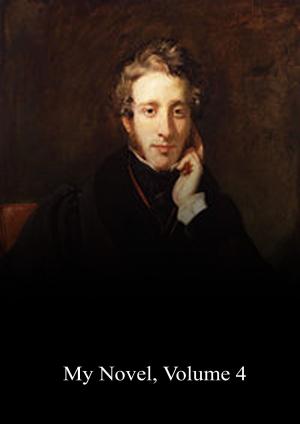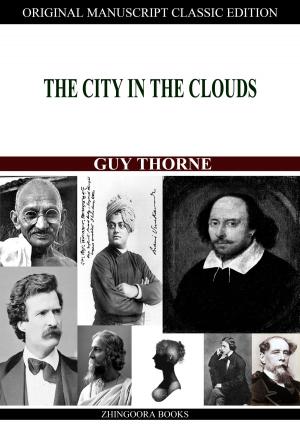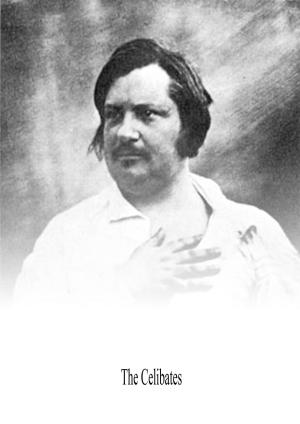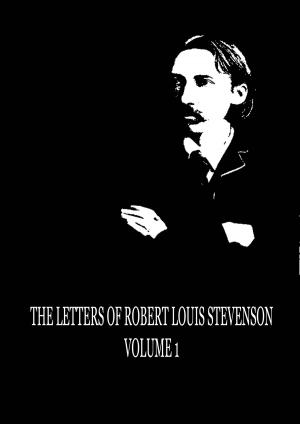| Author: | The Apocrypha | ISBN: | 1230000036234 |
| Publisher: | Zhingoora Books | Publication: | December 3, 2012 |
| Imprint: | Language: | English |
| Author: | The Apocrypha |
| ISBN: | 1230000036234 |
| Publisher: | Zhingoora Books |
| Publication: | December 3, 2012 |
| Imprint: | |
| Language: | English |
Christmas Summary Classics
This series contains summary of Classic books such as Emma, Arne, Arabian Nights, Pride and prejudice, Tower of London, Wealth of Nations etc. Each book is specially crafted after reading complete book in less than 30 pages. One who wants to get joy of book reading especially in very less time can go for it.
Religion
THE APOCRYPHA
Apocrypha is a Greek word, signifying "secret" or "hidden," but in the sixteenth century it came to be applied to a list of books contained in the Septuagint, or Greek translation of the Old Testament, but not in the Palestinian, or Hebrew Canon. Hence, by theological or bibliographic purists, these books were not regarded as genuine Scripture. That view was adopted by the early Greek Church, though the Western Church was divided in opinion. They appeared as a separate section in Coverdale's English Bible in 1538, and in Luther's German Bible in 1537. The Council of Trent in 1546 admitted them as canonical, except the First and Second Esdras and the Prayer of Manasses--a view rejected after the Reformation by Protestants, who recognised only the Palestinian Record as canonical. The Westminster Confession declared that they were only to be made use of as "human writings," and the Sixth Article of the Church of England states that they are "to be read for example of life and instruction of manners, but not to establish doctrine." As the result of a violent controversy in Scotland and America between 1825 and 1827, the Apocrypha was deleted from the copies of the Holy Scriptures issued by the British and Foreign Bible Society. The controversy was revived in 1862 when a quotation was engraved on the Prince Consort's Memorial in Kensington Gardens from the Wisdom of Solomon: "He, being made perfect in a short time, fulfilled a long time. For his soul pleased the Lord: Therefore hasted He to take him away from among the wicked." All the books bear evidence of having been written long after the date to which they are ascribed.
Christmas Summary Classics
This series contains summary of Classic books such as Emma, Arne, Arabian Nights, Pride and prejudice, Tower of London, Wealth of Nations etc. Each book is specially crafted after reading complete book in less than 30 pages. One who wants to get joy of book reading especially in very less time can go for it.
Religion
THE APOCRYPHA
Apocrypha is a Greek word, signifying "secret" or "hidden," but in the sixteenth century it came to be applied to a list of books contained in the Septuagint, or Greek translation of the Old Testament, but not in the Palestinian, or Hebrew Canon. Hence, by theological or bibliographic purists, these books were not regarded as genuine Scripture. That view was adopted by the early Greek Church, though the Western Church was divided in opinion. They appeared as a separate section in Coverdale's English Bible in 1538, and in Luther's German Bible in 1537. The Council of Trent in 1546 admitted them as canonical, except the First and Second Esdras and the Prayer of Manasses--a view rejected after the Reformation by Protestants, who recognised only the Palestinian Record as canonical. The Westminster Confession declared that they were only to be made use of as "human writings," and the Sixth Article of the Church of England states that they are "to be read for example of life and instruction of manners, but not to establish doctrine." As the result of a violent controversy in Scotland and America between 1825 and 1827, the Apocrypha was deleted from the copies of the Holy Scriptures issued by the British and Foreign Bible Society. The controversy was revived in 1862 when a quotation was engraved on the Prince Consort's Memorial in Kensington Gardens from the Wisdom of Solomon: "He, being made perfect in a short time, fulfilled a long time. For his soul pleased the Lord: Therefore hasted He to take him away from among the wicked." All the books bear evidence of having been written long after the date to which they are ascribed.
![Cover of the book Religion [Christmas Summary Classics] by The Apocrypha, Zhingoora Books](https://www.kuoky.com/images/2012/december/500x500/1230000036234-zFm5_500x.jpg)



![Cover of the book Cellular Pathology [Christmas Summary Classics] by The Apocrypha](https://www.kuoky.com/images/2012/december/300x300/1230000036263-MgPv_300x.jpg)






![Cover of the book Peveril of the Peak [Christmas Summary Classics] by The Apocrypha](https://www.kuoky.com/images/2012/december/300x300/1230000036866-tufB_300x.jpg)


![Cover of the book Teach Your Kids About Country Flags [Vol 23] by The Apocrypha](https://www.kuoky.com/images/2012/november/300x300/1230000029596-Mwg6_300x.jpg)
![Cover of the book Outlines of Astronomy [Christmas Summary Classics] by The Apocrypha](https://www.kuoky.com/images/2012/december/300x300/1230000036253-jdPC_300x.jpg)